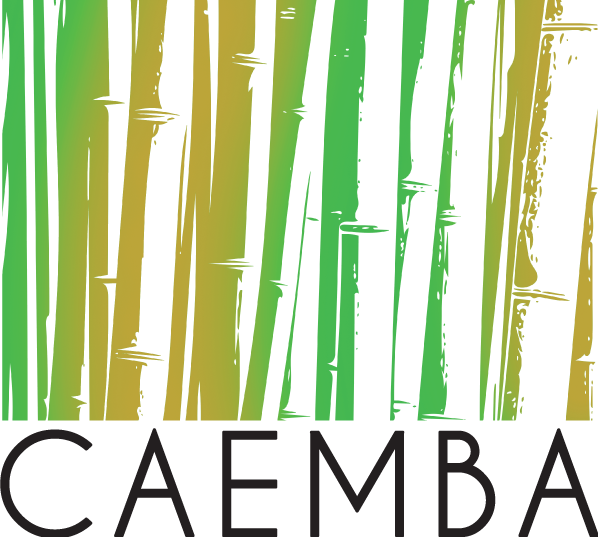The «Dreams in Bamboo» campaign has been ongoing since the Casitas Emergentes de Bambú (CAEMBA) project began working in Esmeraldas and Manabí after the April 2016 earthquake. The goal, once the phase of confinement due to the Covid-19 pandemic is overcome, is to reactivate this campaign. It has been primarily focused on having graduating classes from the Colegio Americano de Quito raise funds.
«Dreams in Bamboo» aims to raise funds to continue building bamboo houses and contribute to eradicating precarious housing in Ecuador. Through fundraising campaigns collecting amounts of $20, $30, or $50 per person, enough is gathered for the two types of houses currently constructed by CAEMBA. The first is the basic house, priced at $3,200 (without a private bathroom), and the second includes a bathroom, valued at $4,100.
The Colegio Americano de Quito, a fundamental actor
CAEMBA expresses gratitude to all the alumni classes of the Colegio Americano de Quito that have contributed to the «Dreams in Bamboo» campaign:
1958, 1962, 1963, 1965, 1966, 1968, 1971, 1973, 1974, 1975, 1976, 1977, 1980, 1981, 1982, 1983, 1984, 1985, 1986, 1987, 1988, 1989, 1990, 1991, 1992, 1993, 1995, 1996, 1997, 1998, 2000, 2001, 2003, 2004, and 2005.
We also extend our gratitude to the ongoing support from the student council and CAS groups. Additionally, to the current sixth grade (class of 2025).
The History of CAEMBA
CAEMBA emerged in the aftermath of the April 2016 earthquake in Ecuador, which primarily affected the provinces of Manabí and Esmeraldas. Thousands of rural and urban families were left homeless due to the impact of this natural disaster. Many people were forced to seek shelter from the rain, the cold night weather, insects, and other threats.
The response from the Raíz Foundation and its CAEMBA project was immediate. Prefabricated bamboo structures with lightweight and affordable roofs were constructed to provide shelter that reflected the sun’s heat. Thus, the concept of the CAEMBA project -Casitas Emergentes de Bambú- was born.
Subsequently, the goal expanded to the eradication of precarious housing in Ecuador. To date, we have positively impacted 5,730 people.






